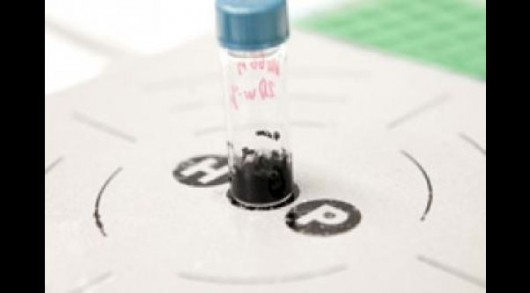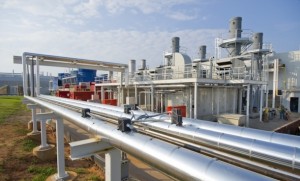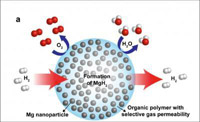
While fuel cells show a lot of promise for cleanly powering things such as electric cars, there’s something keeping them from being more widely used than they currently are – they can be expensive. More specifically, the catalysts used to accelerate the chemical processes within them tend to be pricey. Work being done at Finland’s Aalto University, however, should help bring down the cost of fuel cells. Using atomic layer deposition (ALD), researchers there are making cells that incorporate 60 percent less catalyst material than would normally be required.
 Follow
Follow

